Introduction
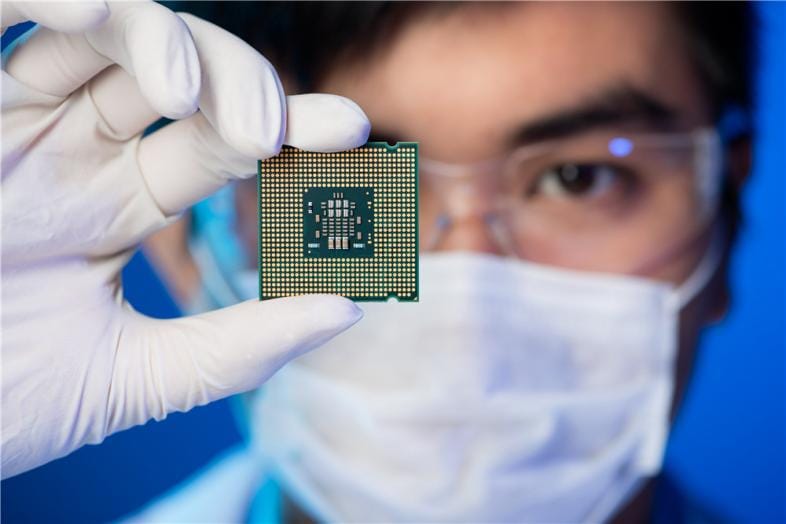
Chip technology, as a core element in the field of contemporary science and technology, its influence cannot be underestimated. This technology has not only spawned countless innovations, but also greatly enriched our daily lives, and these conveniences are the concrete demonstration of the "benefits of chip". The development and application of chips cover all aspects of our lives, including smartphones, computers, automobiles, home appliances, and industrial and commercial fields. Chips are not only the core of modern electronic equipment, but also the key driving force for technological innovation and social development;
A chip, also known as a microchip or integrated circuit (IC), is a small electronic device. It realizes complex electronic circuits and functions by integrating thousands or even billions of transistors on a small piece of semiconductor material. These transistors are tightly packed and precisely designed, allowing the chip to handle complex calculations and tasks. As technology advances, the manufacturing process of chips continues to innovate. From the initial simple single-layer structure to today's multi-layer high-density integration technology, this not only improves the performance and efficiency of chips, but also makes their size smaller and smaller, thus promoting the portability and efficiency of devices. promote;
Chip technology not only promotes the development of commercial and consumer electronics products, it also plays a vital role in many key fields such as medical, aerospace, and national defense. Its advances have led to more efficient data processing, greater computing power, and a wider range of applications. All in all, chip technology forms the core of modern scientific and technological progress and has a profound impact on promoting social development and improving the quality of human life. As technology continues to evolve, chips will continue to play a key role in future technological innovations, and the "benefits of chips" will become more significant as life becomes more convenient;
Chips form the heart of modern electronic devices, from computers and smartphones to various smart devices, all rely on the support of chips. With the rise of cutting-edge technologies such as the Internet of Things (IoT), artificial intelligence (AI), and autonomous driving, the demand for high-performance and low-energy-consumption chips is growing. The development of chip technology provides a key impetus for progress in these fields and promotes the research and development of new materials, new processes and new designs. These benefits of chip appear, and it opens a new chapter for us in technological innovation and application prospects;

From miniaturization to efficiency, how chip technology is improving modern life:
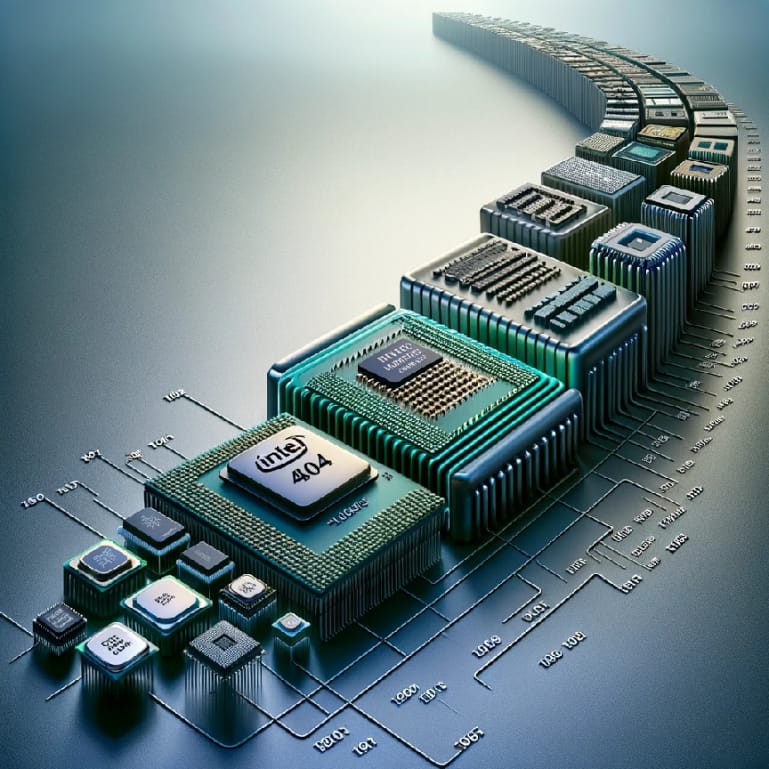
Microprocessors, as the core component of modern computing technology, have undergone tremendous changes since Intel launched the first 4004 processor in 1971. The original microprocessor functions were relatively simple and limited to performing basic computing tasks. But driven by Moore's Law, their performance has doubled every 18 to 24 months. Modern microprocessors are much smaller in size than earlier versions, but their computing power is a huge leap forward compared to previous generations;
Rapid advances in microprocessors have greatly enhanced computing power. From the original personal computers to contemporary supercomputers, the evolution of microprocessors has enabled complex data processing and advanced computing tasks. This development not only transformed the computer field, but also profoundly affected many industries such as scientific research, industrial design, and medical diagnosis;
In the field of chip design, breakthroughs in miniaturization have become a core element. Using nanotechnology, chips can integrate more transistors in a smaller space, which not only significantly improves performance but also makes devices smaller. In addition, the reduction in size helps reduce energy consumption, which in disguise equals an increase in processing efficiency;
In addition to size miniaturization, improving energy efficiency is also one of the major innovations in chip design in recent years. As devices become more intelligent and portable, the demand for efficient and energy-saving chips continues to rise. Modern chip design not only pursues greater computing performance, but also focuses on reducing energy consumption, which helps extend battery life and reduce environmental impact. These innovations play a key role in devices as diverse as smartphones, laptops, electric vehicles, and more;
The above content mainly discusses the historical development of chip technology in microprocessors, the improvement of computing power, and innovations in chip design, especially the significant progress in miniaturization and energy efficiency improvement. These developments not only represent a huge leap in technology, but also lay a solid foundation for future technological progress. It is these benefits of chips that lead us into a new era of more efficient, intelligent and environmentally friendly technology.
Chip consumer electronics applications
In the world of smartphones and tablets, one of the most significant benefits of advances in chip technology is increased processing power. For example, when we played a game before, most of the games were at 30 frames and the highest was 60 frames. When playing in a group, the frames dropped from time to time. But now, even on a hot day, the frame rate can be basically stable at 120 frames. It makes a qualitative leap in both operation and experience; in terms of improving energy efficiency. The design of the new generation of chips pays more attention to reducing energy consumption, significantly extending the battery life of smartphones and tablets. Users can enjoy longer device usage without the need for frequent charging, which is particularly important today as mobile devices become increasingly popular;
In the fields of entertainment systems and smart homes, chip technology also plays a revolutionary role. High-performance chips make TVs, refrigerators, audio and other equipment more intelligent. They can send control commands directly through voice, face recognition, mobile phone connection, etc., greatly improving the comfort of life;
With the introduction of more efficient and powerful microprocessors and chips, these devices are now able to quickly process large amounts of data, run complex applications, and provide a smooth multitasking experience. These are the "benefits of chip", and these benefits make smart devices not only have a single attribute, but also have functions such as leisure and entertainment, personal assistants, etc.
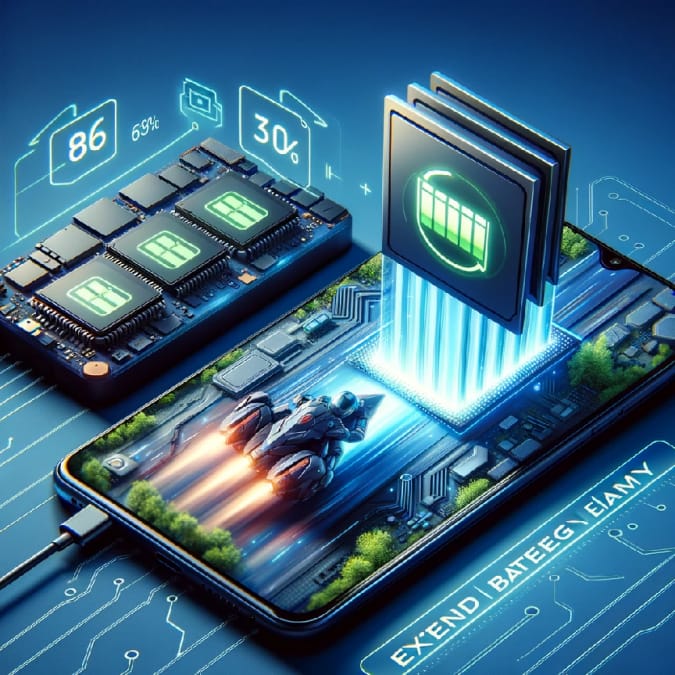
Chip automotive applications
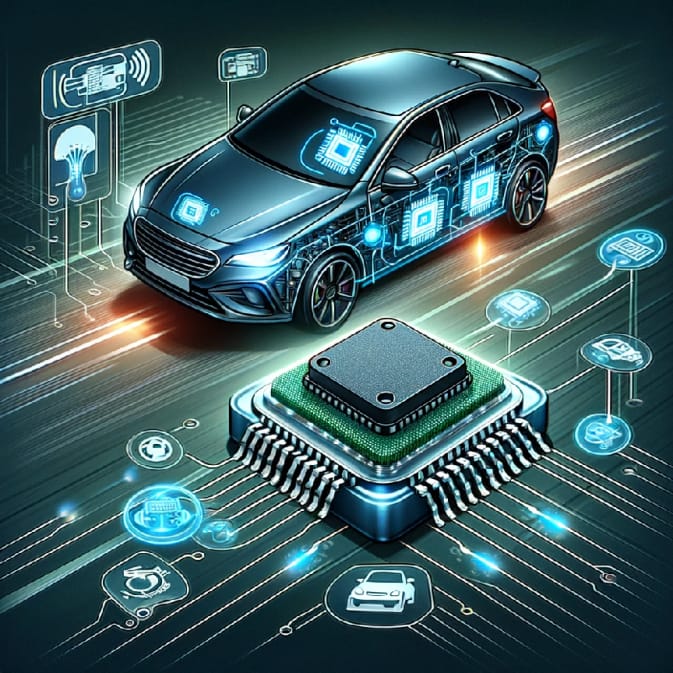
In the modern automotive industry, the "benefits of chips" are particularly significant, especially in improving vehicle safety performance. For example, anti-lock braking systems (ABS), electronic stability control (ESC) and airbag systems are all equipped with chips. These systems, whether active or passive safety features, rely on chips to process data quickly and react quickly to ensure they function effectively;
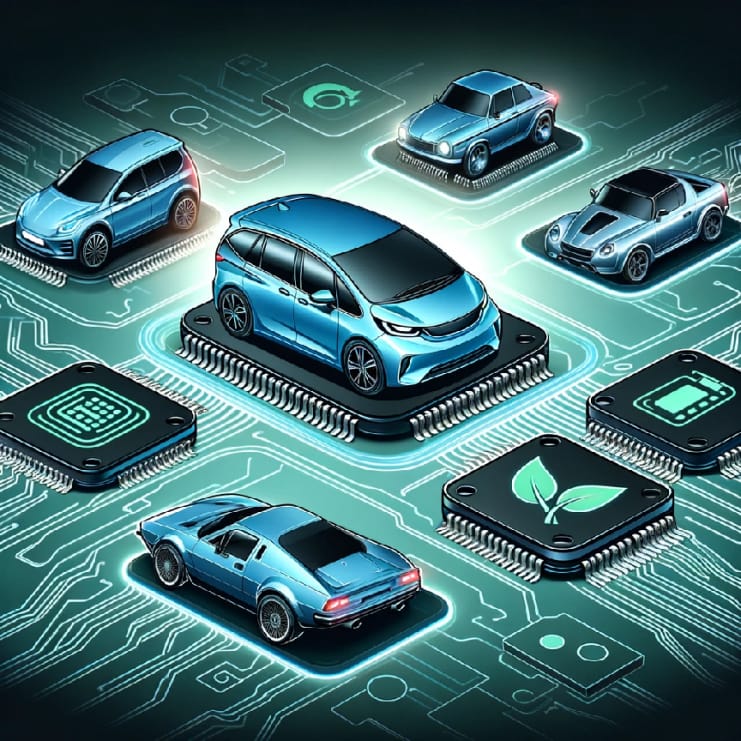
The rise of electric vehicles (EVs) and hybrid electric vehicles (HEVs) can be seen as a striking example of the comprehensive application of chip technology. In these models, the chip is not only responsible for the management of battery performance and optimization of energy consumption, but also controls the electric drive system to ensure that the vehicle can operate efficiently. With the help of chip technology, electric vehicles have become more environmentally friendly and their energy efficiency has also been improved, which may be a key factor in realizing green energy vehicles in the future;
The rise of autonomous driving technology is also one of the important applications of chip technology. Advanced autonomous driving systems rely on powerful processors to analyze the vast amounts of data collected by cameras, radars and other sensors. These chips must process this information quickly and accurately to ensure that the vehicle can navigate safely and make correct decisions. Autonomous vehicles integrating advanced chip technology show great potential to improve road safety, reduce traffic congestion and reduce environmental impact;
Looking to the future, the application of chip technology in the automotive industry will continue to grow and deepen. As chip performance continues to improve and costs further decrease, it is expected that more intelligent and efficient smart cars and wider applications of autonomous driving technology will emerge. Therefore, chip technology plays a key role in improving automotive performance and safety, and is also the main driving force for innovation and progress in the automotive industry.
Chip financial applications
In the financial industry, one of the most obvious manifestations of "benefits of chips" is the application of security chips in payment cards. The introduction of security chips has significantly reduced credit and debit card related fraud. Compared with traditional magnetic stripe cards, chip cards provide more advanced security features, such as encryption and dynamic data authentication. These chips generate a unique verification code for every transaction, greatly enhancing transaction security. Effectively ensures that payment information is protected in every transaction, effectively preventing malicious copying and fraud of cards;
In the financial field, "benefits of chips" are mainly reflected in the application of payment card security chips. The use of security chips significantly reduces the risk of credit and debit card fraud. Chip-enabled cards offer more advanced security features than traditional magnetic tape cards, such as encryption and dynamic authentication. These chips generate a unique authentication code with every transaction, greatly improving transaction security. This method effectively protects payment information and prevents illegal copying and fraudulent activities of cards;
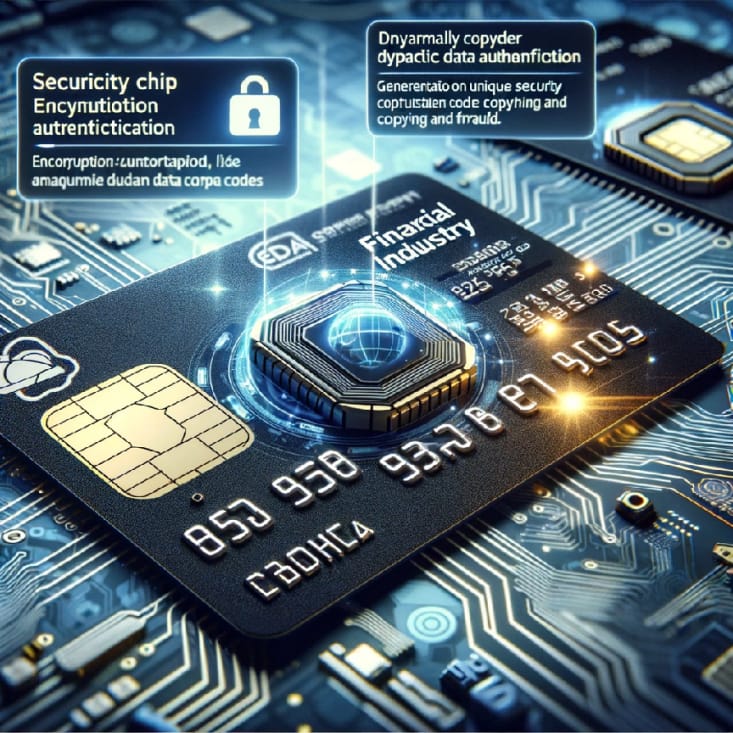
The high security of chip technology makes consumers more trustworthy in storing funds in financial institutions, which greatly helps banks and financial institutions reduce financial losses caused by fraud;
Chip technology plays a key role when it comes to security and authentication, particularly in protecting consumers’ financial information from illegal access and use. Microchips integrated into modern passports and ID cards are capable of storing personal information and biometric data such as fingerprints and facial features. This greatly enhances the security of identity documents, making forgery and tampering more difficult;
Biometric data storage in chips is a major advance in ensuring personal identity and security. Not only can these chips store complex information, they can also be used quickly and accurately during identity verification processes, such as at airport security and during international travel. This not only greatly improves the efficiency of security inspections, but also enhances the security of international border management.
Health and medical applications
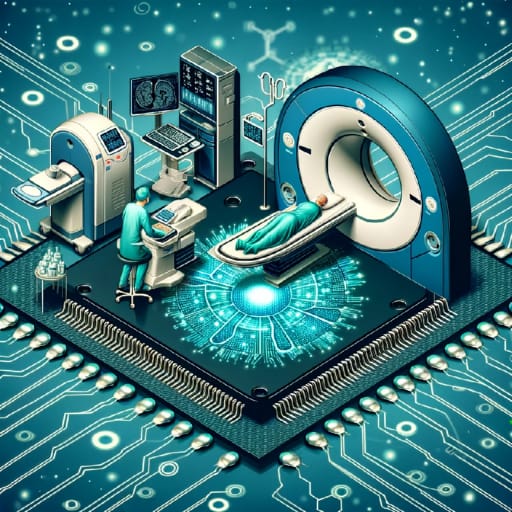
In the medical industry, "benefits of chips" are mainly reflected in improving the accuracy and efficiency of medical equipment and helping doctors diagnose and treat patients more scientifically. For example, in medical equipment such as MRI, CT scans and ultrasound, chips can not only improve the accuracy of diagnosis, but also speed up the processing of diagnostic results. This allows doctors to have more time to conduct diagnostic analysis and formulate treatment plans, giving patients more treatment opportunities.
In addition, chip technology also plays a vital role in monitoring patients' physiological indicators. For example, implantable and wearable medical devices use microchips to track patient health data such as heartbeat and blood sugar levels in real time. The emergence of these innovative applications provides broader development space for telemedicine services and continuous health monitoring.
In the fields of biotechnology and medical research, technologies such as DNA chips and biochips enable scientists to quickly analyze genetic material to quickly identify specific diseases and provide a basis for related research and new drug development. The application of these chips not only accelerates the progress of scientific medical treatment, but also opens up new paths for personalized medicine and precision treatment;
As technology advances, the application of chips in the medical and health field will become more extensive and in-depth. In the future, we will see more and more advanced chips being used in complex medical diagnosis and treatment, such as artificial intelligence-assisted medical decision-making, advanced patient monitoring systems, etc. This will not only significantly improve the quality of medical services, but may also help relevant institutions reduce operating costs and improve overall operating efficiency.
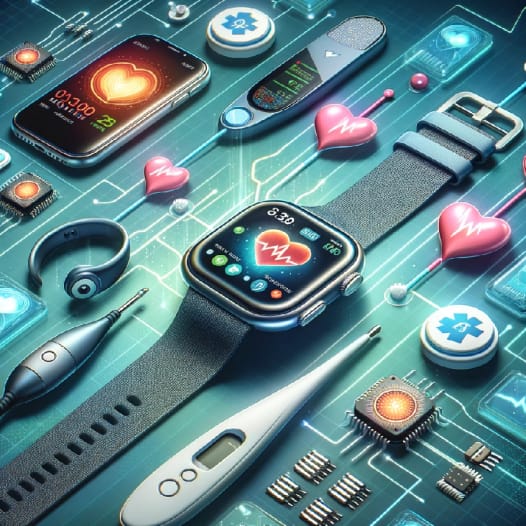
Industrial and commercial applications
Chip technology plays a key role in advancing the Industry 4.0 revolution;
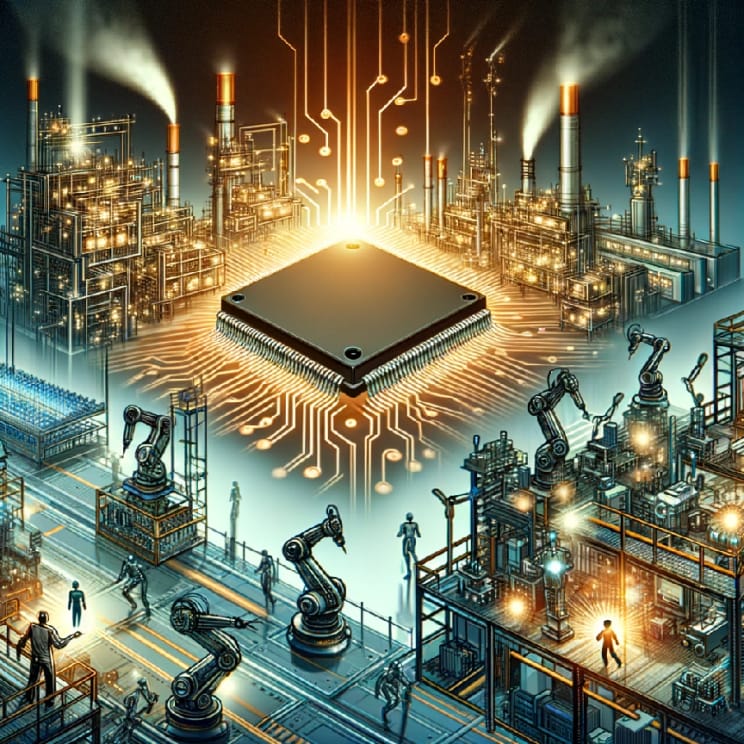
In the industrial field, "benefits of chips" are mainly reflected in making automated manufacturing processes more efficient and precise. In this new era with smart manufacturing and data-driven technology at its core, chips enable machines and equipment to be interconnected, promoting a high degree of intelligence and automation in production lines. This way of interconnecting equipment optimizes traditional production processes, improves operational efficiency, and provides new solutions to the labor shortage and high labor costs currently faced by the industry.
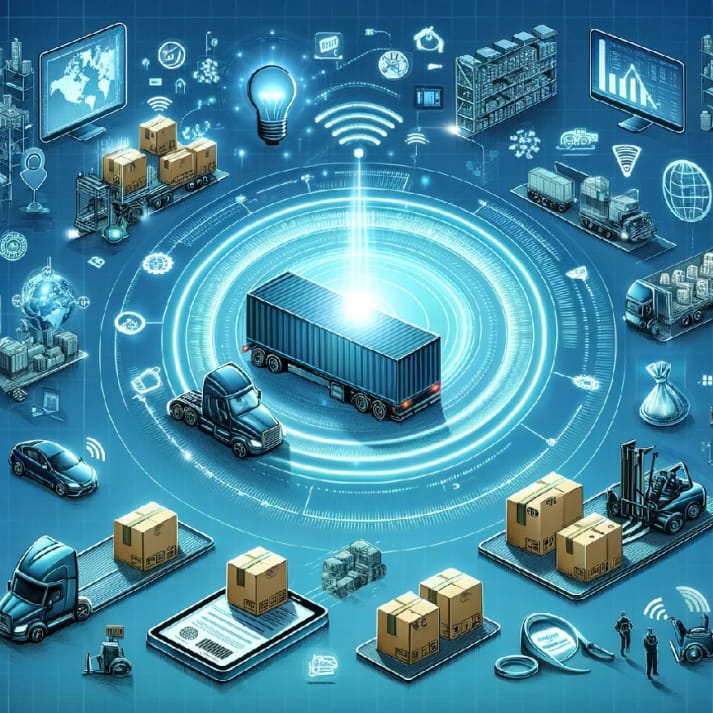
In terms of supply chain management, the use of chips also plays a vital role. By applying chip technology, such as RFID (radio frequency identification) tags, companies can track the flow of products and raw materials in real time, thereby improving logistics and inventory management. This technology increases the transparency of the supply chain, reduces labor costs, and effectively reduces situations such as delivery delays that may lead to customer dissatisfaction;
Ultimately, as a collection of many components, chips have great reference value for guiding business behavior in various industries, including industrial manufacturing. They assist big data analysis and help companies make more rational and objective decisions at critical moments. This data-driven business approach not only has the potential to significantly improve business efficiency, but also provides a deeper reference and perspective for decisions we make based on experience.
Future trends and green innovation
If I mentioned the benefits of chip before, it is to let you understand the power of its application in different fields. Now, you need to know that AI and chips are a perfect match;
We basically all know a little bit about the chip, but its most essential attribute is actually to provide powerful computing processing and data analysis capabilities. As for artificial intelligence and machine learning, what is most needed is that the chip can continuously absorb new information for it every moment, store it, and then output it in conjunction with the proposed system. This happens to be what the chip is good at;
Such as ChatGPT, or humanoid machines, etc. The premise of their output is that they need to understand complex human language and even understand human emotions. For us, this may be very simple, but AI is different. Behind its reception and output, it needs to have enough style information, and then based on the information you provide, matching in the database may be the most appropriate Yours for output. Think about it, if there is no support from powerful storage, data processing, data analysis and other hardware and software, how likely is it to be realized? Therefore, it is not an exaggeration to say that the foundation of AI is a chip;
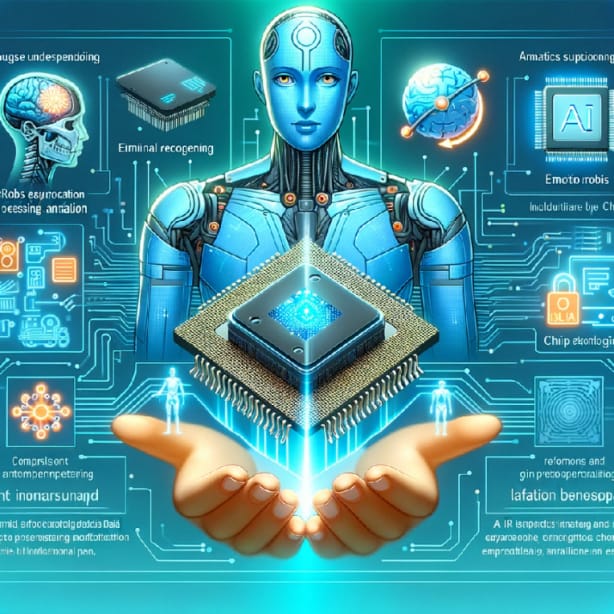
As e-waste becomes a global issue, everyone is beginning to adhere to green manufacturing of chips. Among them, chip recycling, waste treatment, easier recycling, and material application are particularly important. This helps reduce the generation of electronic waste, while protecting the environment, and is also more conducive to the sustainable development of the entire industry. In terms of sustainability and environmental protection, the benefits of chip are also gradually emerging. Therefore, this is not only a trend, but also in line with the needs of global sustainable development and a reflection of the technology industry's environmental responsibility.
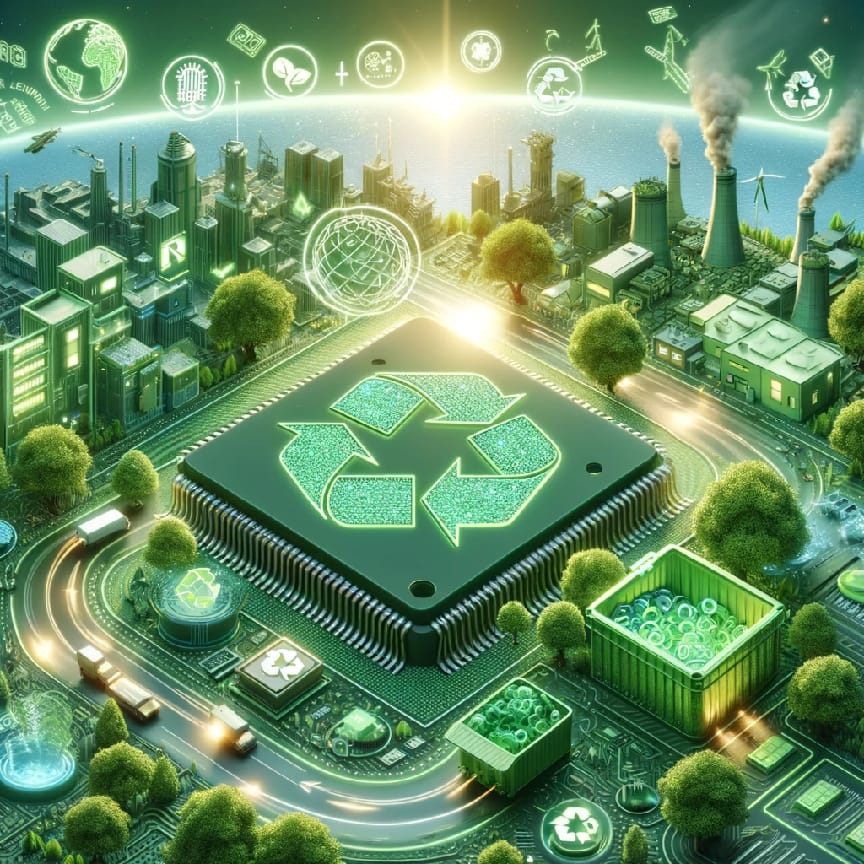
In Conclusion
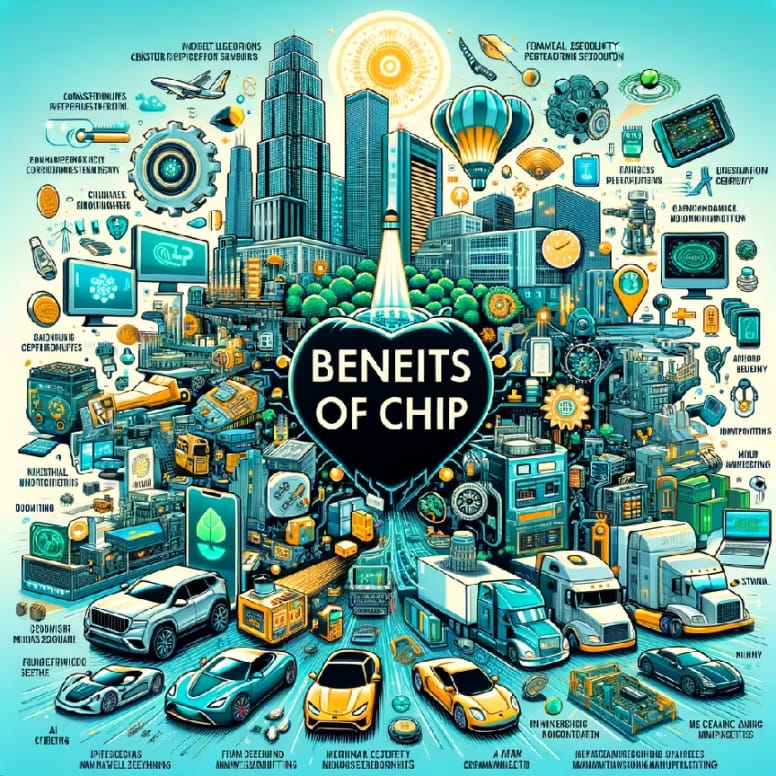
This article comprehensively analyzes the wide application and far-reaching influence of "benefits of chip" in many fields. From consumer electronics to automobile manufacturing, from financial security to medical health, to industrial automation and future development trends, the advancement of chip technology has brought huge changes to these industries. These changes cover many aspects such as improving efficiency and accuracy, enhancing safety and reliability, promoting innovation and sustainable development;
In the future, the progress of chip technology will continue to develop at a rapid pace and promote innovation and breakthroughs in more fields. As cutting-edge technologies such as artificial intelligence, machine learning, and quantum computing continue to develop, the role of chips in these fields will become increasingly important. At the same time, the increased global attention to environmental protection will also promote the development of the chip manufacturing industry in a more environmentally friendly and green direction.

 My Cart
My Cart




